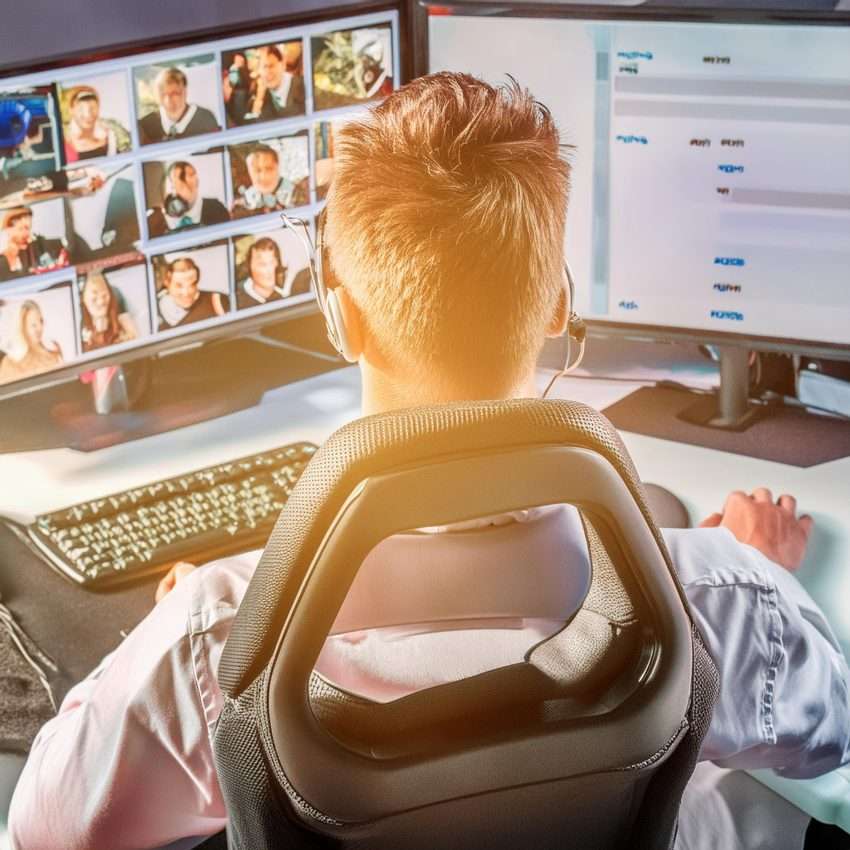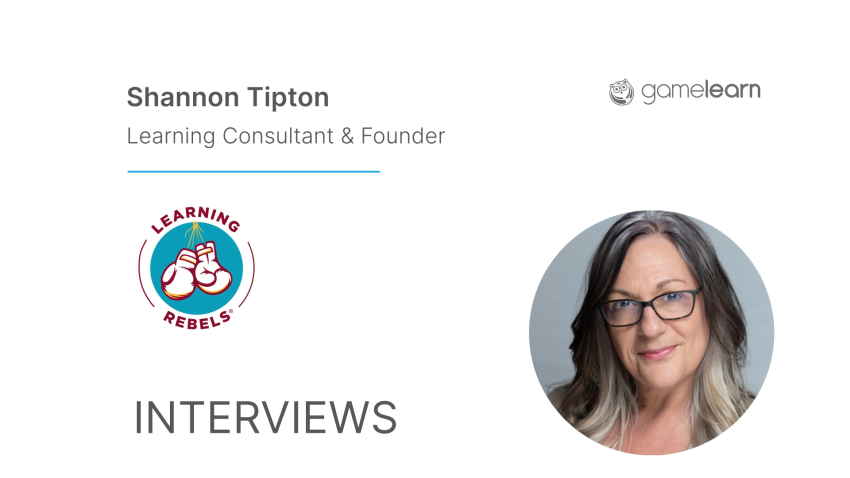We’re in the digital age, on our way to the virtual one. The way we live, work, and communicate with each other is directly related to the reality in which we find ourselves. In the last few decades, we’ve seen constant and profound changes in the field of corporate training. The speed at which we can adapt to change, be it at work or our daily lives, is a determining factor for success.
This means it’s essential for HR consultants to dedicate considerable resources to maintaining their client base and attracting new, high-potential clients. Now that we’re starting a new year, considering all the global changes we’re seeing every day, we must ask ourselves about the future of training. And how can HR consultants face this challenge?
The future of corporate training
It’s not easy to make predictions, but it’s important to understand the trends in order to be prepared for the upcoming challenges. Demographic changes, Millennials, Gen Z, changes in workplace relationships, the evolution of technology, and innovation in business models all have various consequences for HR and consultants within the sector.
HR consultants have an increasingly strategic role in their relationships with organizations. In this sense, all HR professionals are going to have to keep adapting and redefining their policies to guarantee their employees have the opportunity to continuously develop their skills. The development of a successful career depends on a fine balance between professional and personal life. Companies must constantly adapt to retain talent and motivate their employees.
The digital transformation is also causing significant changes in HR. Online platforms allow professionals to have a new work dynamic, with a better perspective on the future of their employees. In terms of employer branding and attracting talent, for example, the importance of social media cannot be underestimated.
On the other hand, technology allows for more efficient productivity management processes, which encourage a higher level of employee compromise with the company, improving talent retention. In fact, this digital evolution can help to redefine and improve the relationships and communications between employees and management. However, we must be sure that we’re not just including new technologies for the sake of it, but also aligning the business culture with these changes.
In this context of digital transformation, concepts such as game-based learning and serious games are rising in popularity and helping HR professionals make training more effective. This transformation is, therefore, an important moment in the field of HR. Even if we can’t anticipate the future, we must be aware of the opportunities to invest in employee development and utilize technology to attract, motivate, and retain talent.
Key elements for elaborating a training catalog
HR consultants must create strategies that allow their clients’ employees to develop their skills with more independence and flexibility, especially for new generations. Consultants must focus on covering the demand for skills while making sure:
- Training is practical and applicable.
- The return on investment is guaranteed.
- Training is innovative.
These three points are highly related. Companies need to train their employees but don’t want to spend the money (or time) on something that won’t offer a concrete benefit.
Given the evolution of learning methodologies in the last 10 years, it’s reasonable to expect higher demand. We’ve lived through a decade rich in innovation and technology, with the rise of training formats such as e-learning and serious games. These newer training formats also cost less than traditional types of training. Knowledge transmission has always been a pillar of evolution, and we’ve all experienced that practical and experiential methods allow for better engagement and retention. E-learning methodologies such as game-based learning make training more effective, providing personalized and immediate feedback about the students’ skills. According to Statista, e-learning is projected to reach a value of $370 million in 2026.
The future is game-based learning
By following current trends, we can see game-based learning is the best option for any HR consultant to develop a training catalog with the objective of attracting more clients.
The aim is to prepare employees to perform at their best and impact the company’s results through educational video games that allow them to practice key professional skills, such as analytical thinking, teamwork, negotiation, leadership, among others.
Thanks to game-based learning, it’s possible to practice many skills by making mistakes without running any risks. In this way, mistakes and successes can be easily marked and we can avoid the real-life consequences which could involve losses for the company.
Teamwork is a key skill necessary for most jobs which can also be stimulated by game-based learning. The students’ decisions are analyzed and they receive instant feedback, allowing them to grow and develop key skills: flexibility, adaptability, communication, active listening, etc.
The video game sector has experienced extraordinary growth in the last few decades and technology has evolved greatly, allowing us to create gaming experiences that wouldn’t have been possible 30 years ago.
The objective of using serious games for corporate training is to utilize the advanced technology of video games to develop all sorts of skills. By creating a fun and engaging activity, we encourage employees to complete the course and help them retain the knowledge.
If you want to know more about the impact serious games can have on your business, and how they can meet the challenges HR departments and consultants are facing, download our Serious Games, Serious Impact report, based on the answers of more than 1,000 professionals in the field.






